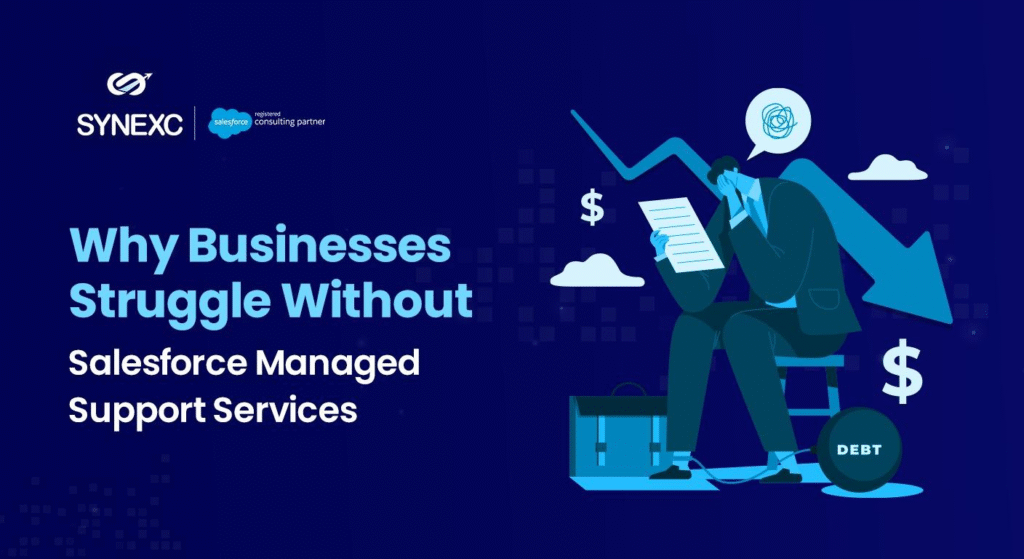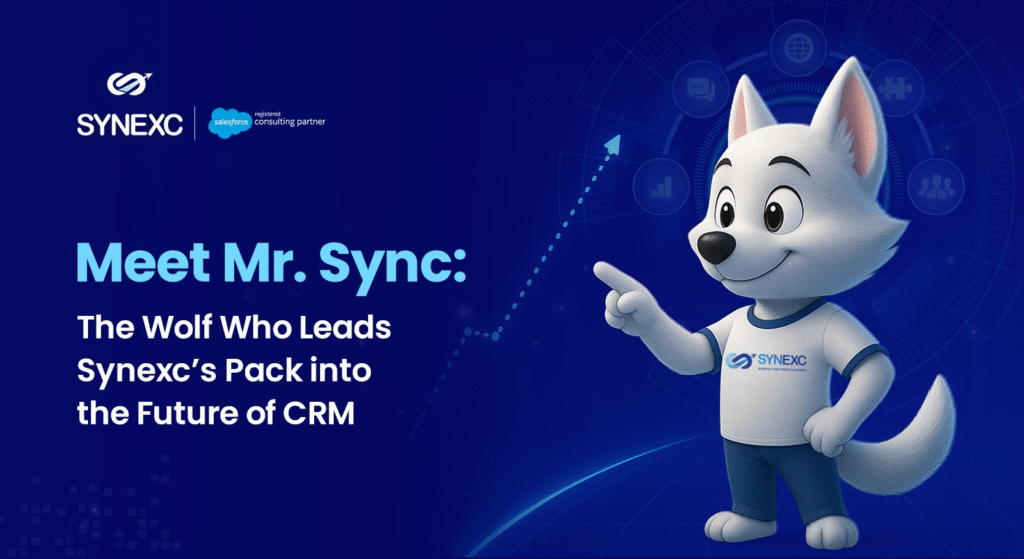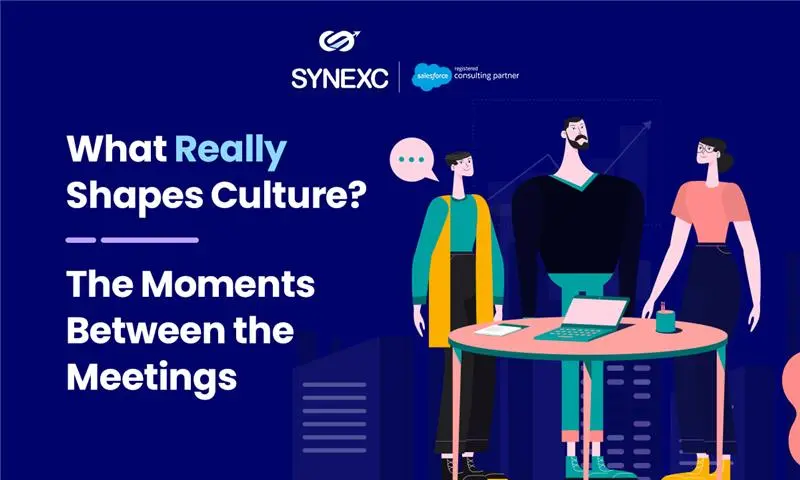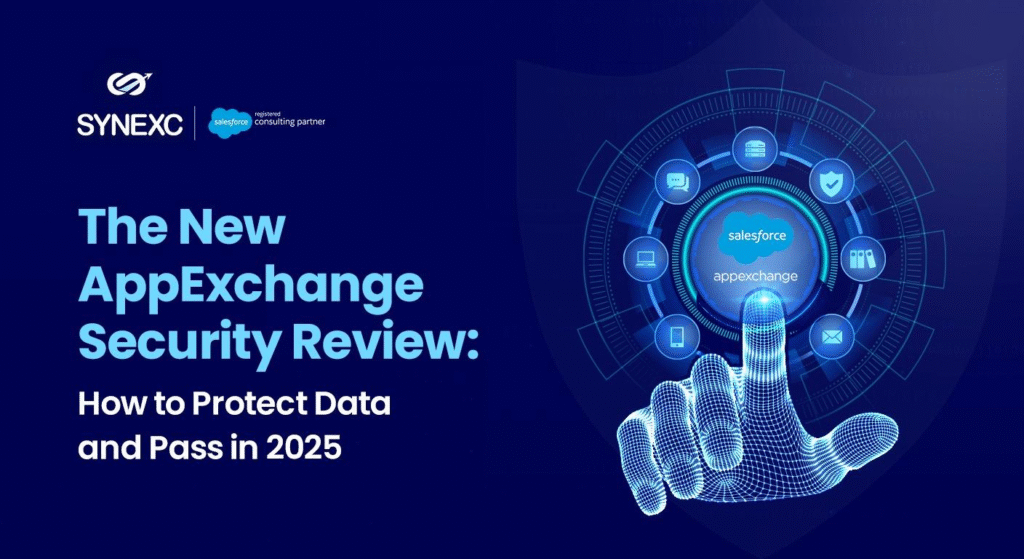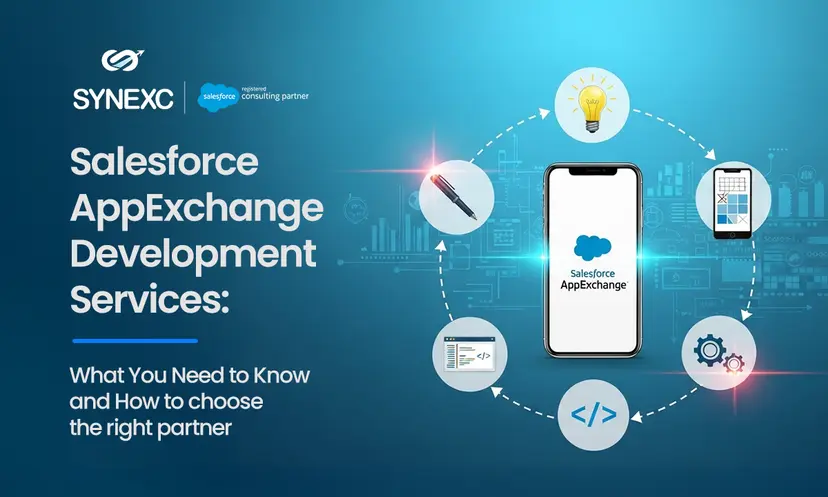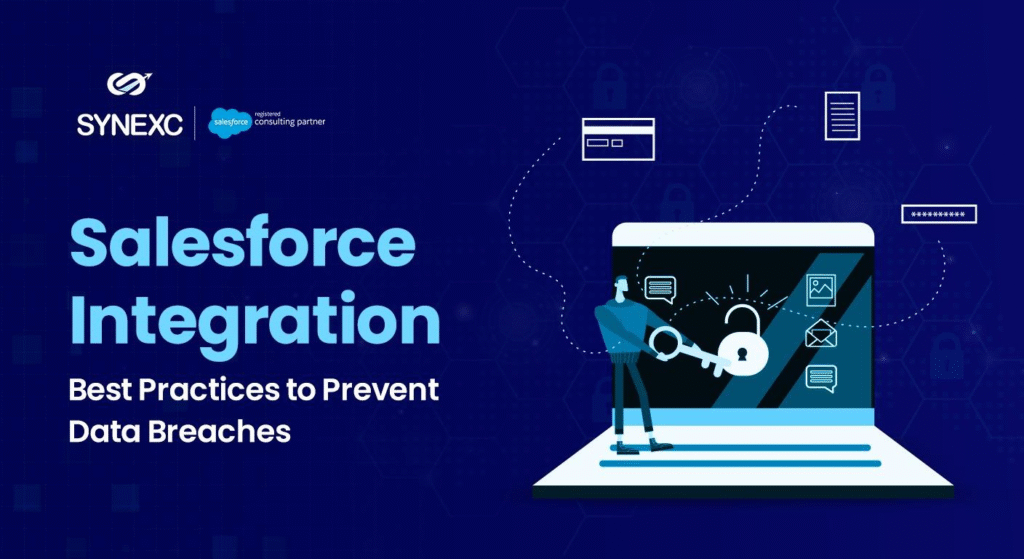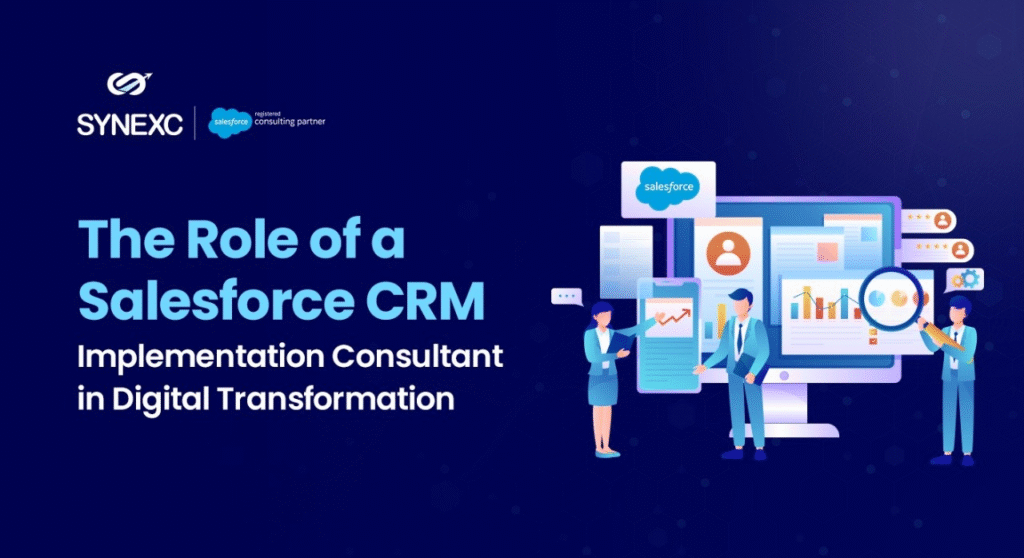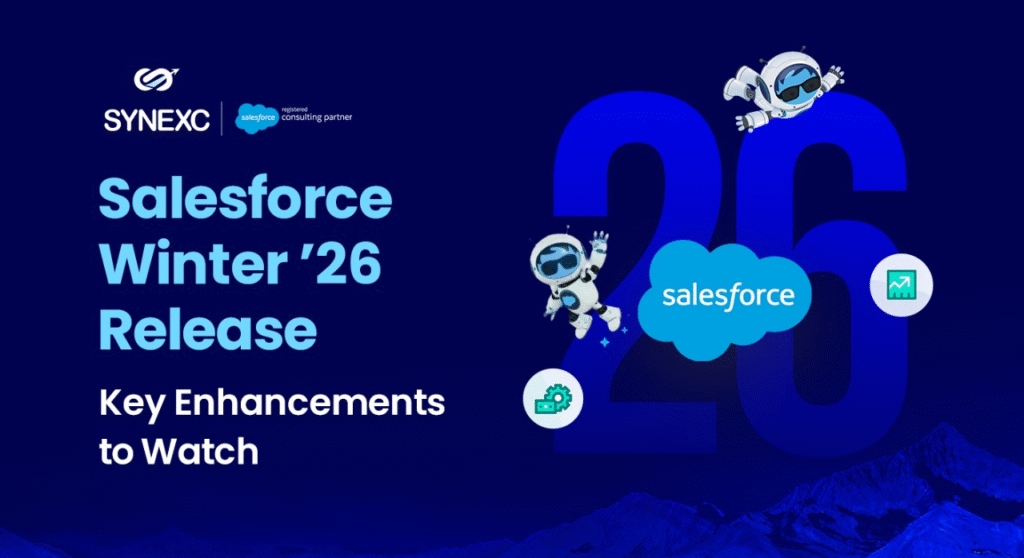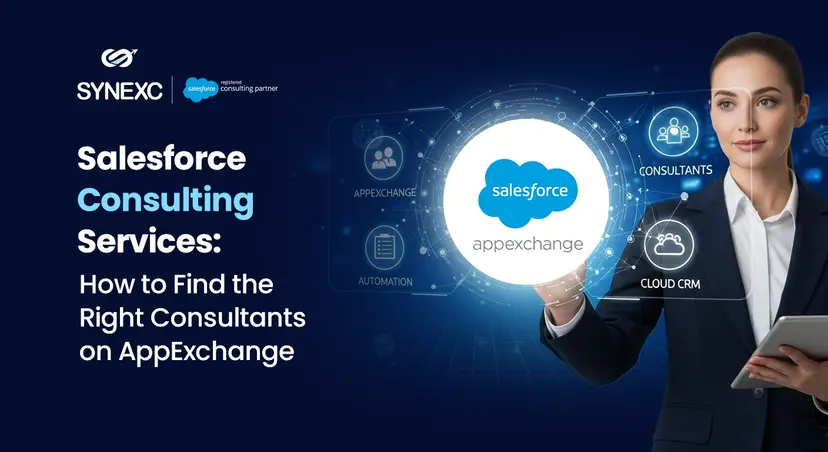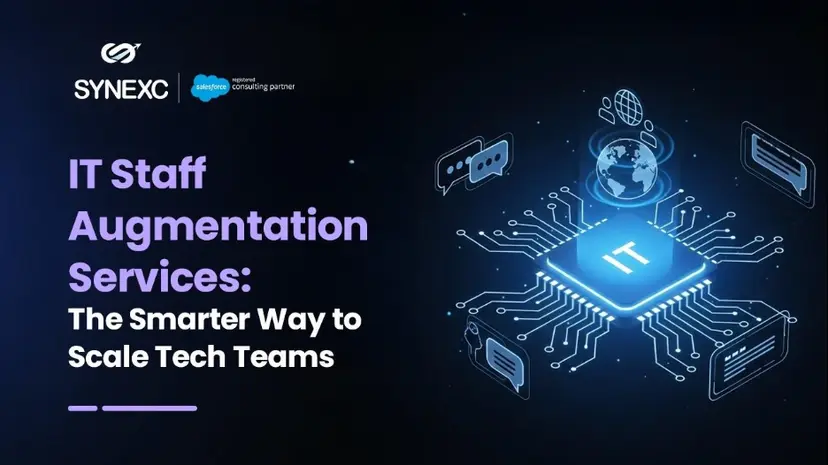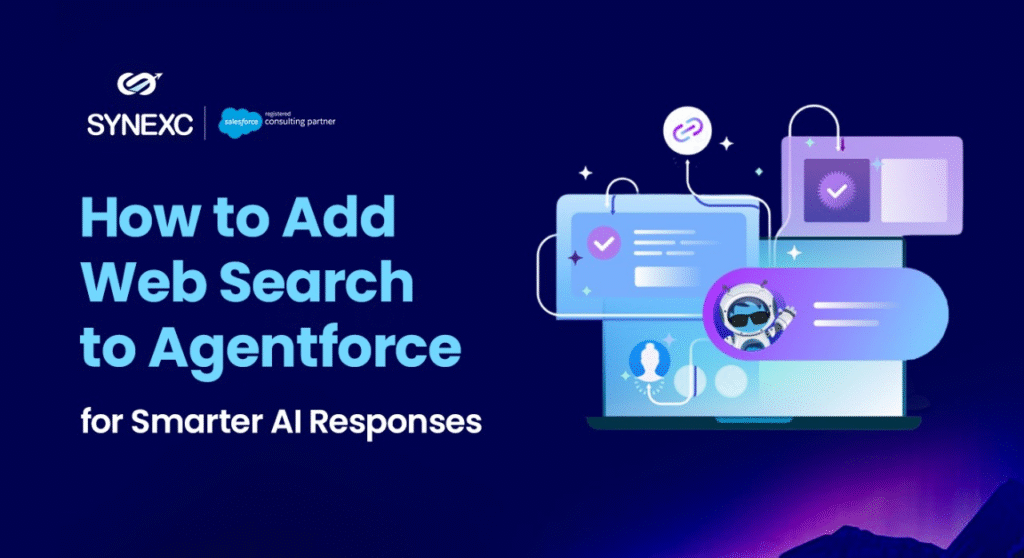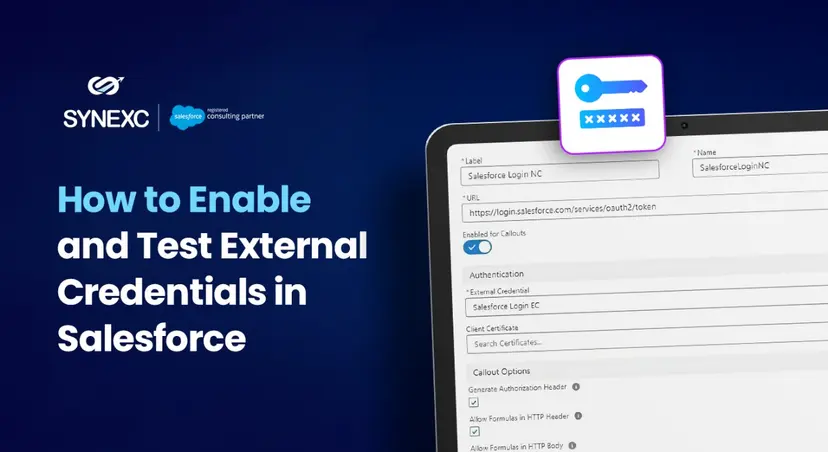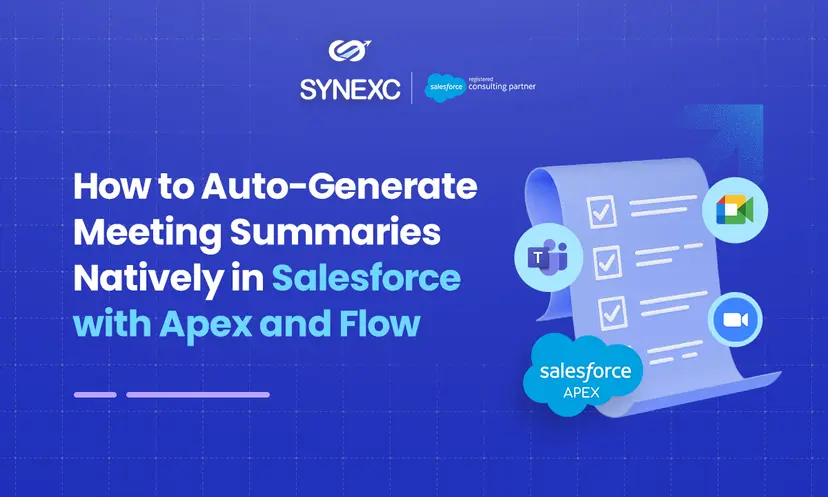Salesforce is powerful. No debate there.
But here is the thing. Having Salesforce and running Salesforce are two very different things. Too many companies buy the licenses, set up a few dashboards, and assume the system will just take care of itself. It will not.
In fact, a recent global survey found that 64 percent of admin say managing Salesforce complexity is one of their top pain points. And without structured support, those challenges keep growing, leading to technical debt, downtime, frustrated users, and unpredictable costs.
Salesforce Managed support services can solve those challenges. Without proper support services, your CRM can turn into a liability.
Let’s explore, in the subsequent sections, what pitfalls you can face if there are no managed Salesforce support services.
Technical Debt Without Salesforce Admin Managed Services
Every quick fix, every extra field, every small automation we add may seem harmless, but they are quietly piling up. Soon, the org is cluttered with unused objects, hard-coded flows, and duplicate processes nobody remembers building.
New projects drag out. Every change carries risk.
Salesforce itself admits technical debt is now one of the top reasons customers struggle to innovate on the platform.
With Salesforce managed services, this clutter is cleared regularly. Without it, even a simple update becomes risky.
Downtime Costs More Than You Think
When Salesforce breaks, it is not just an IT problem. It is a business outage. Deals do not move. Service cases pile up. Revenue stalls.
An hour of downtime costs enterprises hundreds of thousands of dollars. It is unsustainable.
Managed Salesforce support services provide proactive monitoring, incident response playbooks, and testing before releases. Without that, businesses are relying on luck every time a new workflow goes live.

Skill Gaps
Let us be real. Salesforce has gotten more complex. You have got AI copilots, Slack automation, MuleSoft integrations, and security reviews. It is not something one admin can juggle.
Over the years, admins hand out just one more permission set until suddenly half the company has access they should not.
Add in dormant accounts, lack of MFA enforcement, and sloppy integration tokens, and you have got a compliance disaster waiting to happen.
Managed services teams audit access regularly, lock down security holes, and keep you aligned with best practices. Without Salesforce application management services, you are hoping nothing bad happens, and hope is not a strategy.
Rising Costs
Licenses are just the starting point. The real costs come from inefficient use of the platform.
Here is a pattern we see often.
- A company buys more licenses than it uses.
- Teams sign up for overlapping apps.
- Integrations get built once and never maintained.
- The spending keeps rising, but the value does not.
- Then there are the fire drills. An issue that could have been caught early turns into a late-night scramble with outside consultants.
Those fixes cost three times more than prevention.
Managed Salesforce support services keep this under control. They track license usage, retire what is not adding value, and make sure spending matches business outcomes.
Without that discipline, budgets leak in ways most leaders do not even notice until year-end.
Scalability Hits a Wall
Salesforce feels simple in the early days. A handful of users, a few dashboards, and the system runs fine. Growth changes that quickly.
More users mean more roles, more approvals, more integrations, and more data to secure. Generally, what works for a small team does not go well when enterprises scale.
Here, Salesforce admin-managed services can come as a super helpful addition. They can help you design the org for future growth. So, instead of fixing things later, they will adopt scaling in planned phases.
This approach pays off well for helping businesses roll out a new product or enter a new market without weeks of rework.
Security and Compliance Gaps
We all know that Security in Salesforce goes beyond passwords and spans across role hierarchies, data visibility rules, integration tokens, and regulatory audits.
In many companies, the admins often forget these controls and do not review them. These forgotten inactive accounts, excessive permissions, and unmonitored APIs create major risks, as we have seen in the recent data breaches pertaining to OAuth tokens.
Managed services teams
- review access
- enforce MFA
- monitor integrations,
- and keep the org aligned with compliance frameworks.
Without Salesforce application management services, businesses are exposed to risks that may only surface during an audit or a breach.
How is This Relevant Now
Salesforce is moving faster than ever. Three major releases every year, constant AI updates, new acquisitions, and a growing ecosystem mean the platform you bought three years ago looks nothing like the one you are running today.
Companies that treat Salesforce as a set-and-forget tool fall behind quickly. Those who invest in structured managed support turn it into a competitive advantage.
It is the difference between firefighting and future-proofing.
For an external perspective, Salesforce’s latest acquisitions and AI innovations are pushing more demand toward data integration and AI-enabled managed services.
Closing Thoughts
The message is simple. Salesforce is not just a software license. It is an ongoing operating model.
If you are looking for a Salesforce managed services expert’s help to keep Salesforce running smoothly, our team can step in and manage the heavy lifting while you focus on growth. Let’s connect!!
About the Author
Sambhav Arora is a 7X Certified Salesforce Consultant and CEO at Synexc, helping organizations unlock practical value from Salesforce with scalable, production-ready AI strategies
Faqs
Q1.How often should a Salesforce org be reviewed under managed services?
At least quarterly, to clear unused fields, check licenses, and stay aligned with the latest Salesforce releases.
Q2. Can managed services help with AI features in Salesforce?
Yes, managed teams ensure AI copilots, Einstein, and automation are set up securely and deliver measurable value.
Q3. Does Synexc offer flexible engagement models?
Yes, we do. From full-service management to co-managed support, we adapt to your team’s size and budget.

